There are a million and one things to do when you’re a parent. Keeping them fed, clothed, and well rested can leave little time for anything else. But by taking the opportunity to engage with your child and build your relationship, you are laying the foundations for their emotional wellbeing throughout their childhood.
Helping your baby's brain develop so they grow up confident and capable
Babies' brains are complex and they are constantly taking in everything around them as they grow. Scientists have learned a lot about how important it is for us all to feel connected to loved ones. This is especially true for babies and young children. This is because they are dependent on your connection to help them develop the pathways in their brains and their stress response systems in emotionally healthy ways.
Even something as simple as making faces with them and talking to them in a tuneful voice has huge benefits. It helps you both bond, makes your baby or toddler happy, is good for their mental health, and helps them cope with stress.
Every time we interact with a young child, especially if we give them our full attention and take turns communicating, thousands of new brain connections are made. This builds the brain systems that your child will use to manage stress, understand language, develop confidence and learn new things.
Building a solid foundation for a happy future
Bringing a new baby into the house can be a whirlwind experience. It feels like there’s so much to remember and getting into a rhythm can take a while. The first few weeks might fly by in a daze as you get to grips with their sleeping pattern. But even at this early stage it’s important for you to get to know each other.
By taking the time to engage with your baby you’re helping lay the foundations that will make them grow into a happy person. Even though your baby can’t understand the words you say, they understand your tone. By talking to them in a calm and warm way they will feel connected to you and cared for. This will help your child grow into a confident, trusted and resilient little person.
Babies have lots of immediate needs and some seem very obvious such as sleeping, feeding, and being comfortable. Equally important is their need to feel cared for, safe, and connected to. This might sound simple, but it doesn't mean it’s easy to do. Having a baby in the house can be exhausting and stressful. But by taking the time to engage with them – reading stories, singing songs or making silly faces – you’re meeting these needs in the same way that feeding them meets their needs when they’re hungry.
Building a strong bond between you
You can’t spoil a baby with love and affection. In fact, that love and affection is exactly what a baby's brain needs to grow up emotionally healthy. Your attention is the single greatest gift you can give them at this stage. It will help cement the bonds between you and give them the tools they need to better understand the confusing world around them. It helps them become resilient and deal with any difficulties they face, too. So don’t worry about molly coddling them, the more time and love you give them the better.
Helping them learn how to learn
Getting into a routine is also important to help your child develop. If babies and children have stable routines, this helps their brains develop as they start to tune in to predictable patterns which helps them start to make their own choices.
If they have interesting things to do, they develop curiosity and learn how to learn. And if they know they feel safe, cared for and connected to they don’t have to use up brain power worrying but can use it to grow up happy and confident. This helps them to put their developing brain power into important activities such as relaxing and seeking adventures as they can trust that if times get tricky, someone will come to help.
What the professionals say
“The love your baby feels from you is stored not just in their heart, but also in his immune system, his brain, his lungs and throughout his whole body. When babies feel loved, they feel safe. That sense of safety changes the way their body develops and biology changes.
Your baby’s brain is built to notice patterns. Human brains are great at that! For instance, they keep track of the back-and-forth in a conversation with you, just like a tennis match. That’s why scientists call this ‘serve and return’. Babies notice so much more about their world than we grown-ups realise. It makes sense that they would notice everything, because they are just learning how the world works.”
“Consistency of care is important. Babies have a rhythm which develops as they grow. Having routine and predictability helps them to be calm and less flustered. Of course they will be upset at times. But building an expectation of what happens helps them to manage this.”
“Long term: Our adult ability to cope with problems is based on many memories of being safe, connected and cared for when we were young. Positive interactions are the single best investment for your baby or young child’s future wellbeing”
 Activities & Play
Activities & Play Behaviour
Behaviour Childcare
Childcare Development & Growing Up
Development & Growing Up Family, Friends & Relationships
Family, Friends & Relationships Feeding Your Baby
Feeding Your Baby Food & Eating
Food & Eating Health & Safety
Health & Safety Mental Health & Wellbeing
Mental Health & Wellbeing Money & Work
Money & Work Online Behaviour & Safety
Online Behaviour & Safety Pregnancy & First Days
Pregnancy & First Days School & Education
School & Education Sleep
Sleep

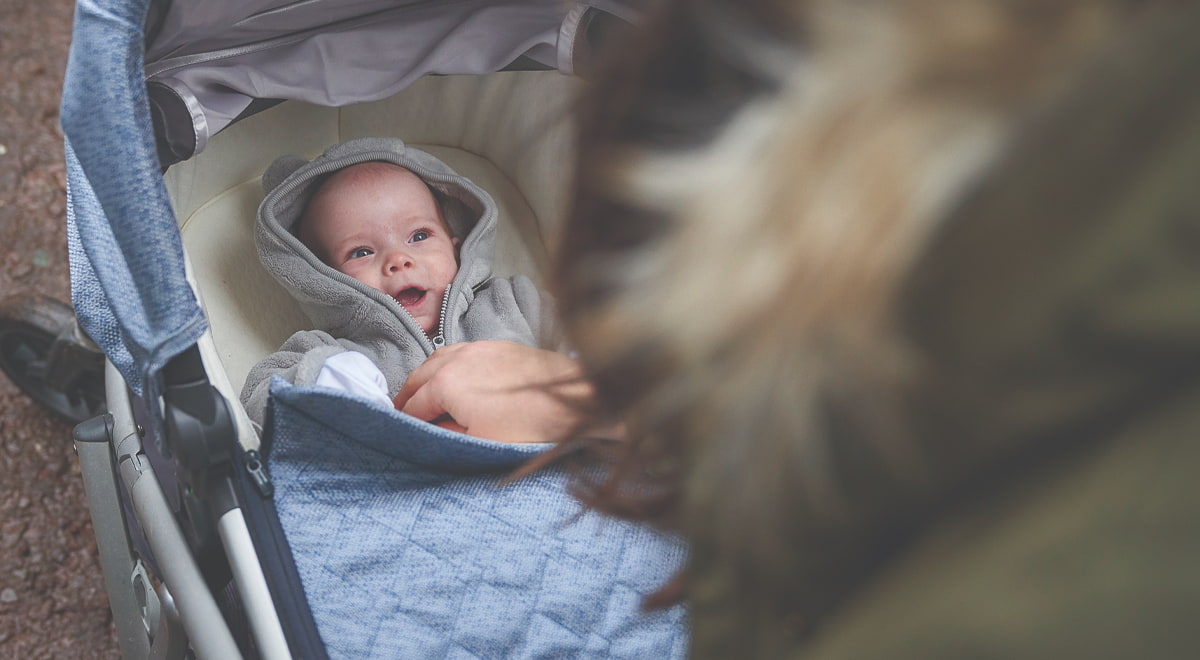
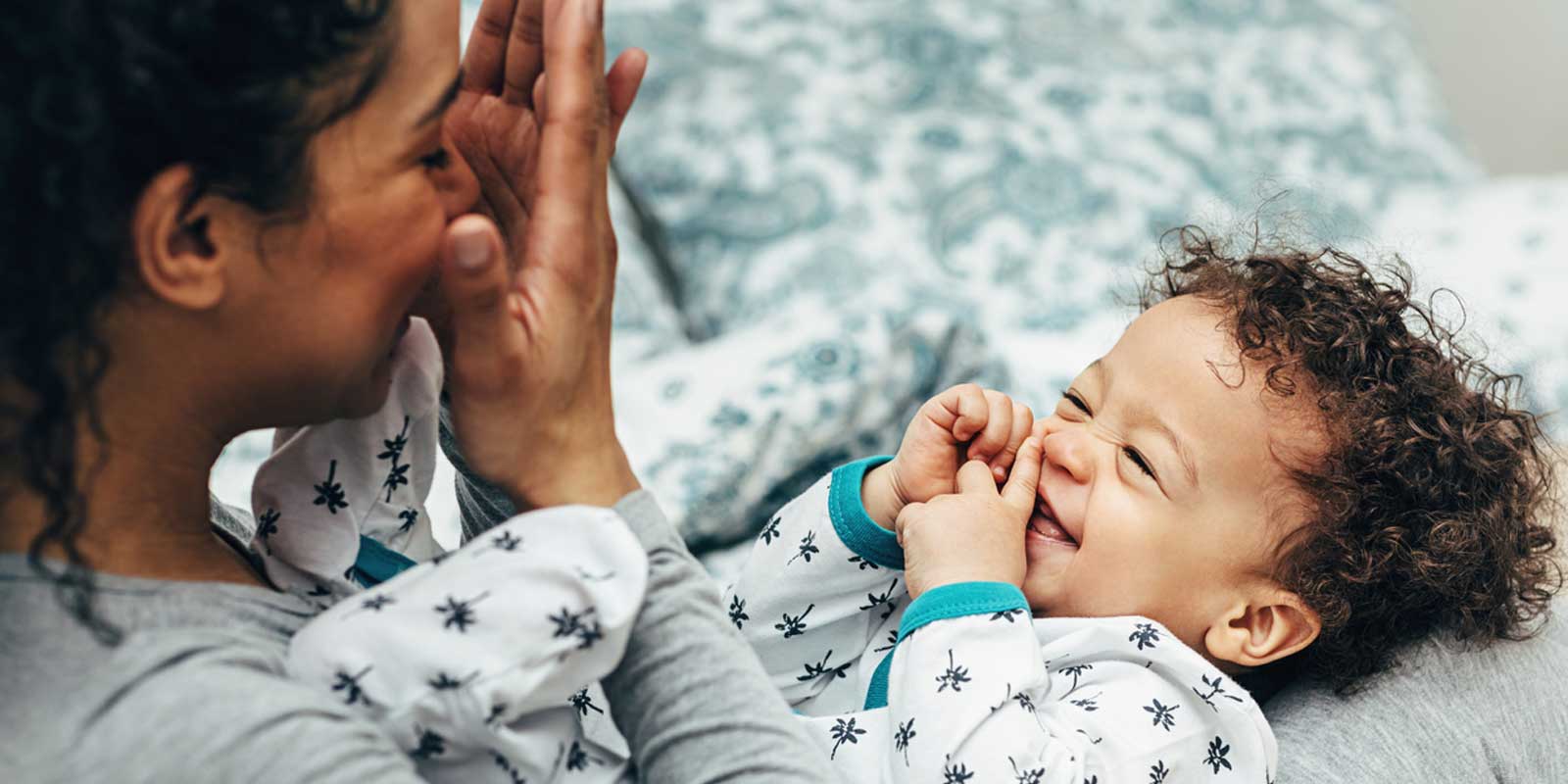
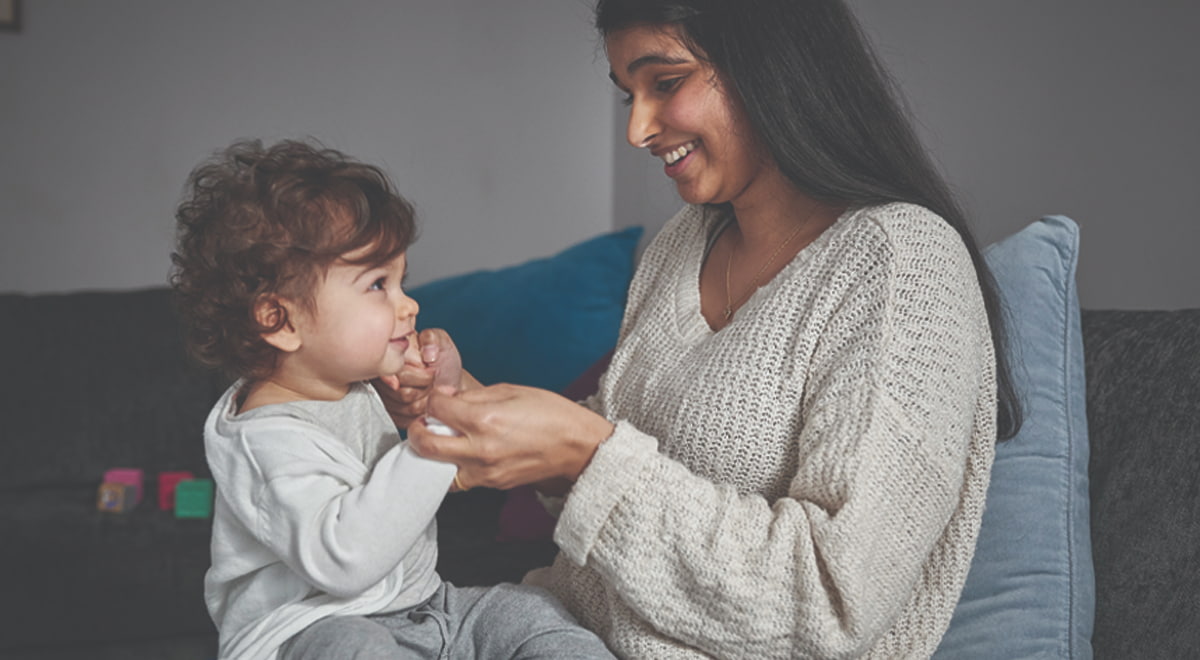
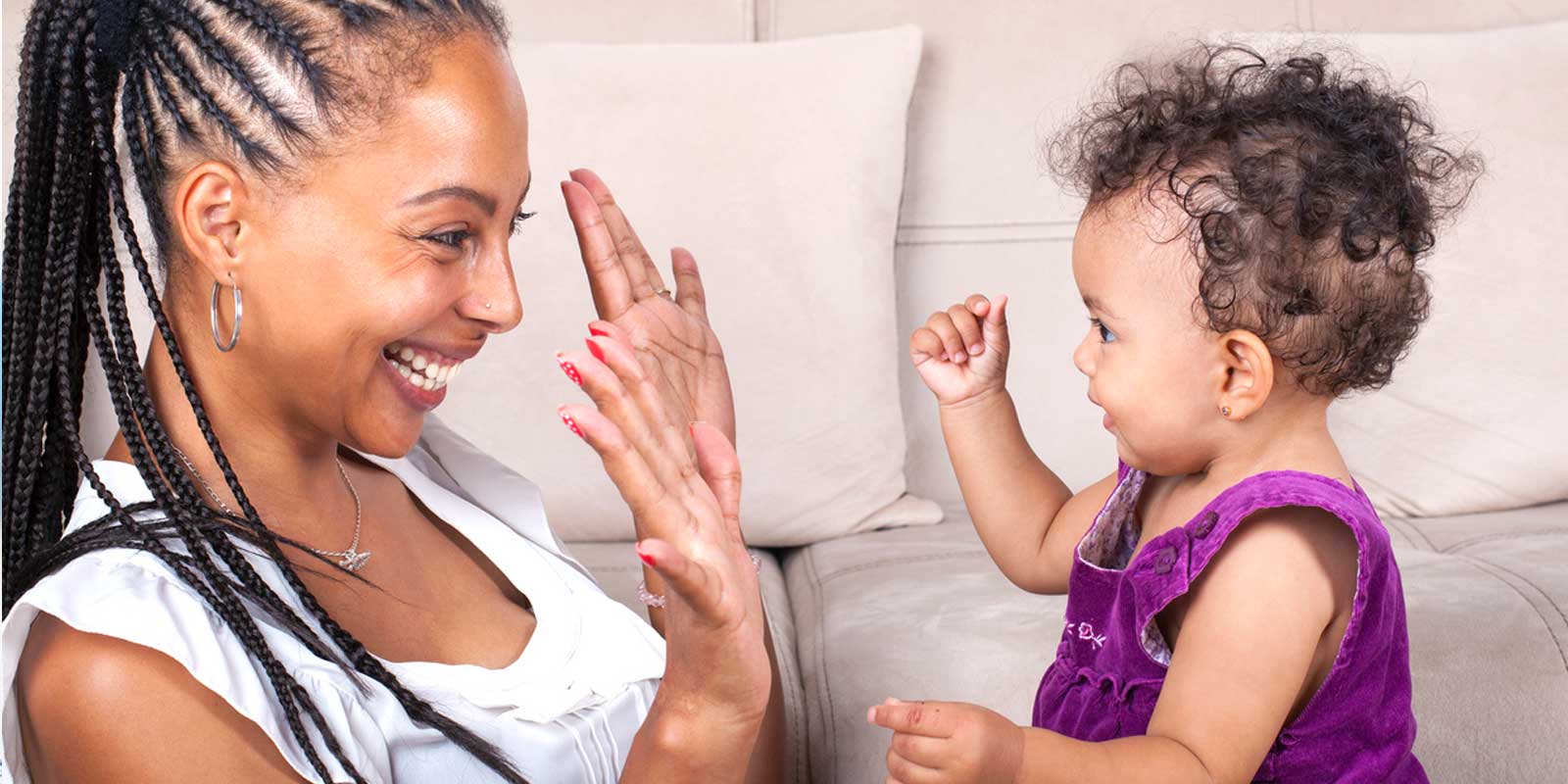
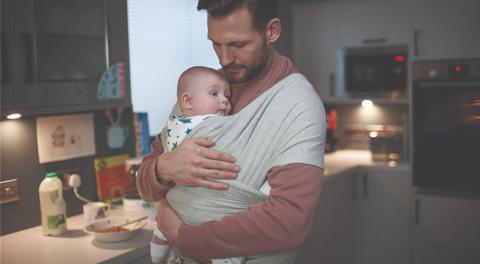
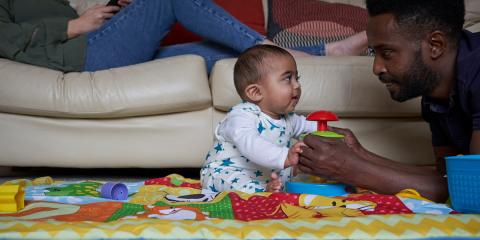
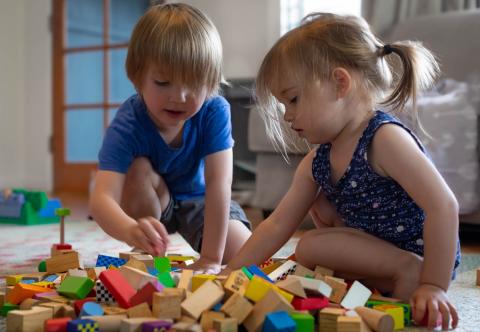
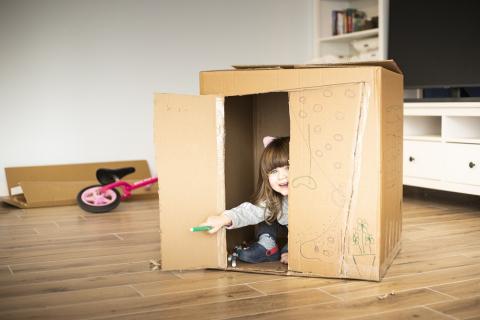
 Behaviour
Behaviour
 Sleep
Sleep